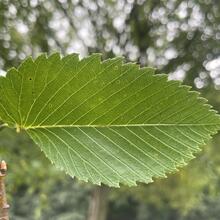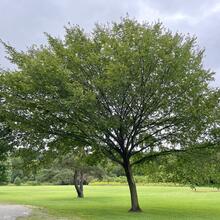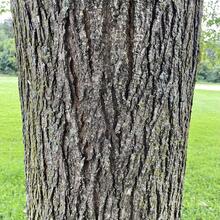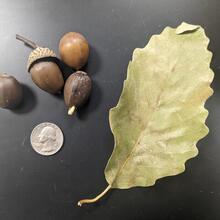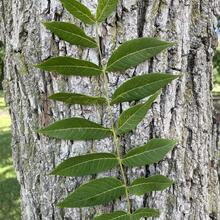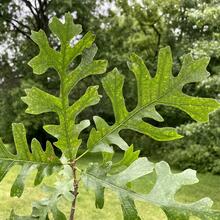Ulmus americana
Ulmaceae
Prefers alluvial soils and bottomlands, but frequently grows on drier sites. Tolerates restricted root space. Attractive vase-shaped silhouette.Dutch elm disease is of high concern when considering planting this species, check for resistant varieties as available.
Summary
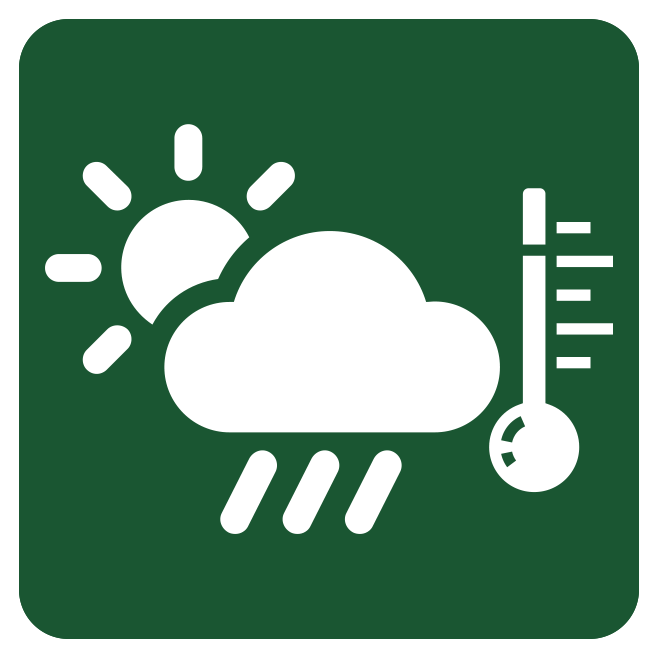 Climate Tolerance
Climate Tolerance
Good
Wildlife Benefits
Seeds/buds food source to birds, small mammals; moth/butterfly host
Pollination Type
Wind
Plant Hardiness Zones
2 to 9
# Butterfly/Moths that use as host
185
Bloom Time
Spring (Feb-Apr)
 Shade/Sun Tolerance
Shade/Sun Tolerance
Full Sun to Part Shade: Receives 2 to 6 or more hours of direct sunlight
 Maximum Height
Maximum Height
Large (75-100 ft)
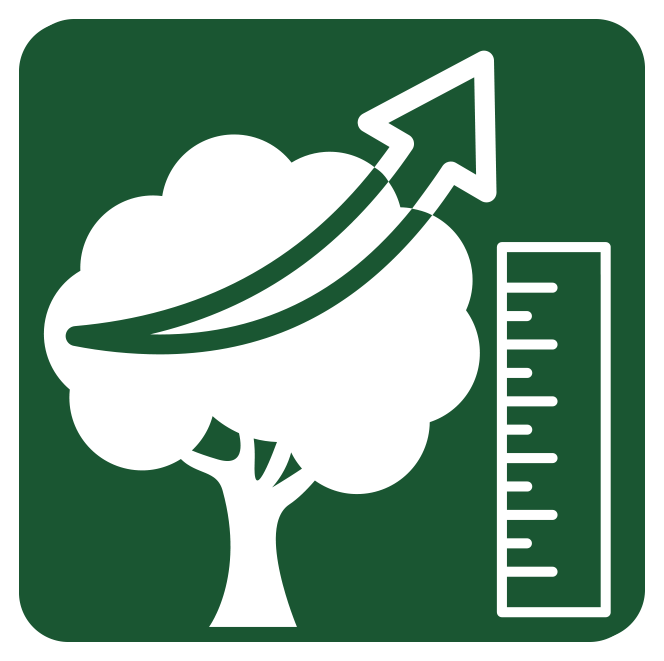 Growth Rate
Growth Rate
Rapid: 2 ft or greater per year
 Soil Type
Soil Type
Loam: Equal mix of clay, sand, and silt. Moderate moisture retention and high nutrient availability.
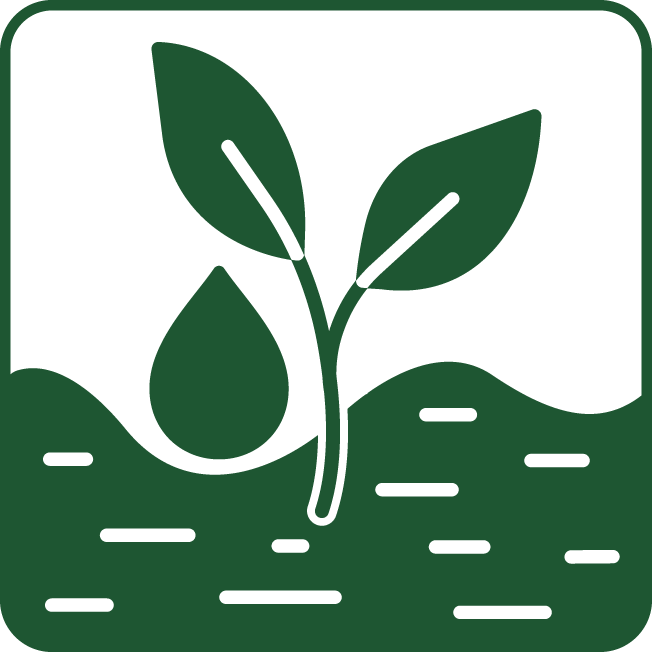 Soil Moisture Tolerance
Soil Moisture Tolerance
Moist: Soil can remain damp and does not normally retain standing water
Root - Fungal Association
Arbuscular mycorrhizae: Symbiotic relationship with fungi that exist on inside of plant root cells, facilitating nutrient uptake
Pest & Pathogen Risks
High; Dutch elm disease
 Urban Stress Tolerance
Urban Stress Tolerance
High: Tree can adapt to a variety of urban conditions and will grow well
Drought Tolerance
Tolerant: Tree will not become stressed during periods of drought
Coefficient of Conservatism
2
Native Status
OH-Native: Species is native to Ohio
NatureServe G-rank
G4
Plant Community Type
- Beech Mixed: Abundant
- Oak Mixed: Rare
- Alluvial: Abundant
- Red Maple Mixed: Abundant
- Ruderal: Common
- Urban Tree Cover: Common
Bloom Color
Green
Red
Form
Tree
 Lifespan
Lifespan
Long: Greater than 250 years
Soil pH
Circumneutral (pH 6.8-7.2)
Wetland Indicator Status
FACW: Facultative Wetland, usually occurs in wetlands, but may occur in non-wetlands
Soil Compaction Tolerance
Tolerant: Tree will not become stressed from soil being compacted
Heat Tolerance
Tolerant: Tree will not become stressed for increased temperature due to urban heat island effects
Salt Tolerant
Sensitive: Intolerant to either aerial salt spray and/or salt present in soil
Native County Status
Cuyahoga
Geauga
Lake
Lorain
Medina
Portage
Summit
IUCN Red List Assessment
Endangered
